Ever had a quiet evening outdoors ruined by pesky mosquitoes? You’re not alone, and we’re here to help. We’ve got a list of beautiful plants that not only add charm to your garden but also send mosquitoes flying in the opposite direction.
Excited to meet these green warriors? Let’s get going!
Table of Contents
1. Fennel (Foeniculum vulgare) [USDA Zone 4-9]
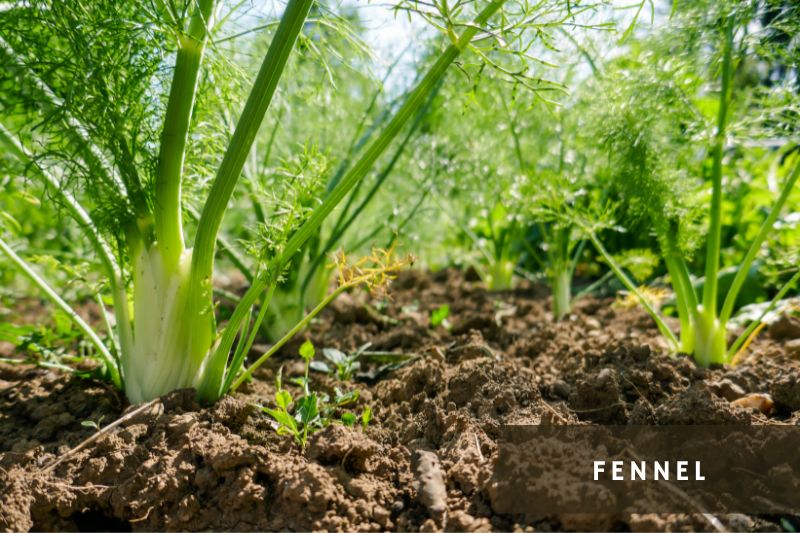
Ah, fennel, the unsung hero of the garden! This versatile plant adds an ornamental touch to your space with its lofty stature, and its flavorful leaves are great in salads and soups. But here’s the best part: fennel is a mosquito-repelling superstar! It’s also a friendly host to swallowtail butterfly caterpillars.
2. Eucalyptus (Eucalyptus cinerea) [USDA Zone 8-11]
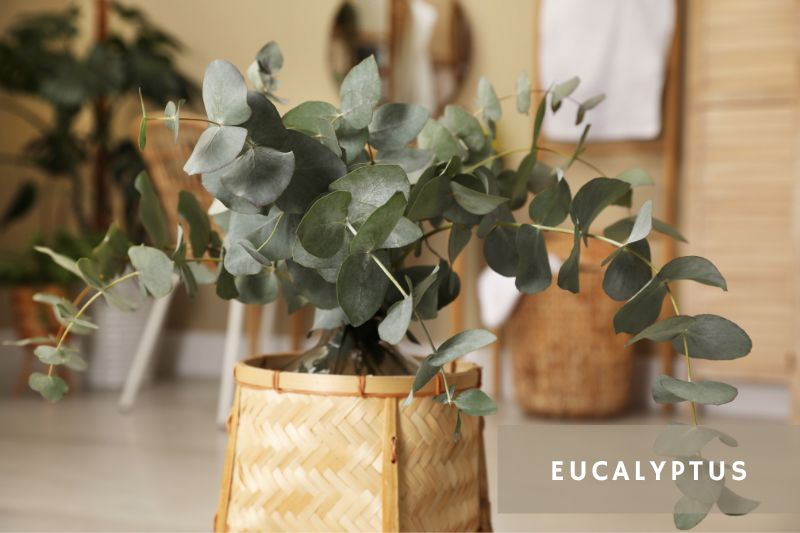
Hailing from Australia, eucalyptus is an incredible mosquito bouncer! Although it can reach towering heights in the wild, don’t worry. You can also grow this plant in a pot if you experience hard freezes. The secret weapon? Its leaves release a heavenly aroma that mosquitoes just can’t stand!
3. Thai Basil [USDA Zone 10-11]
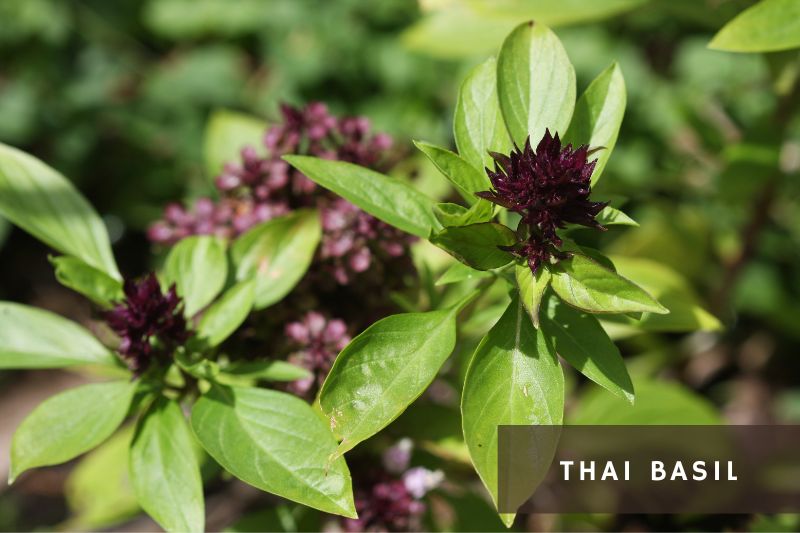
Let’s be clear, not every basil variety has what it takes to ward off mosquitoes. But Thai basil, with its cinnamon-scented leaves, sure does! It’s not just a bug repellant but a gardeners’ delight, serving as a perfect companion plant for tomatoes and adding a burst of flavor to pestos and salads.
4. Thyme (Thymus vulgaris): Crush, Release, Repel! [USDA Zone 5-9]
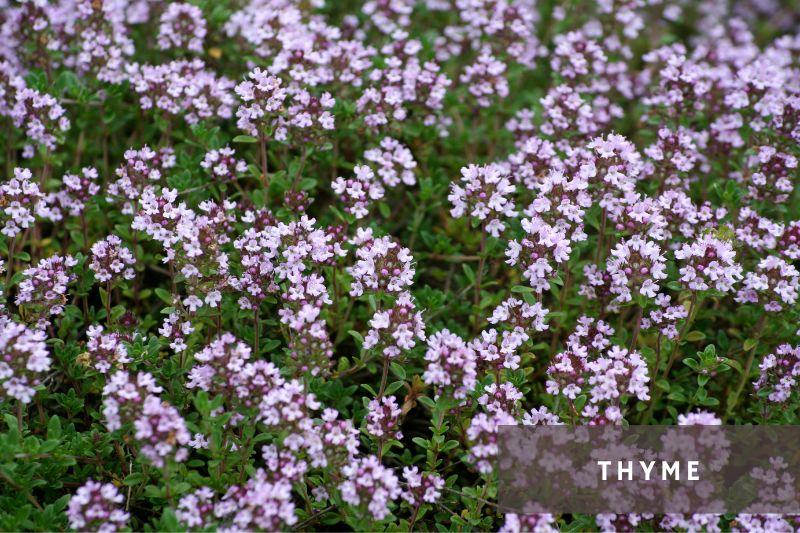
If you love savory herbs, you’ll adore thyme. When its leaves are crushed, they release mosquito-repelling oils. Try planting thyme between stepping stones in your garden. Every step you take will release those pesky mosquito-repelling oils. How cool is that?
5. Scented Geraniums (Pelargonium) [USDA Zone 9-11]
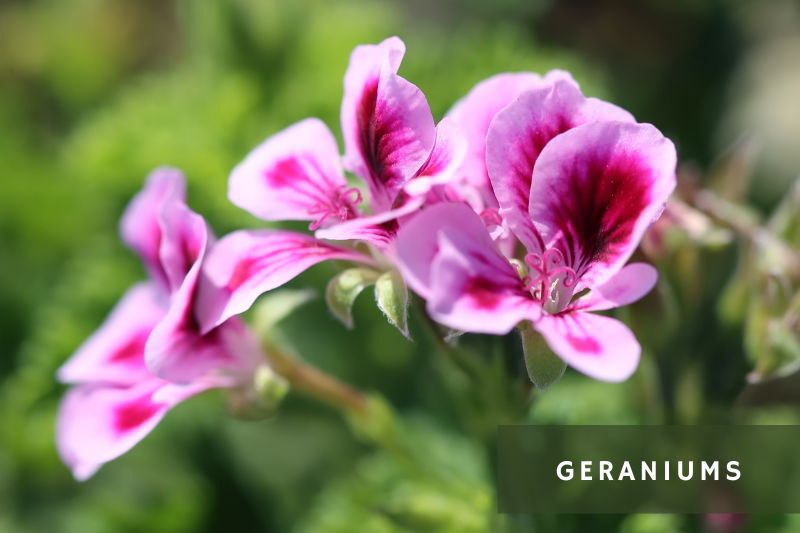
Geraniums, especially the lemon-scented variety, are fantastic at shooing away mosquitoes. Plus, they’re beautiful to look at and are hardy perennials in warmer climates. They’re practically saying, “Hello, friend, goodbye, bugs!”
6. Bee Balm (Monarda spp.) [USDA Zone 4-9]
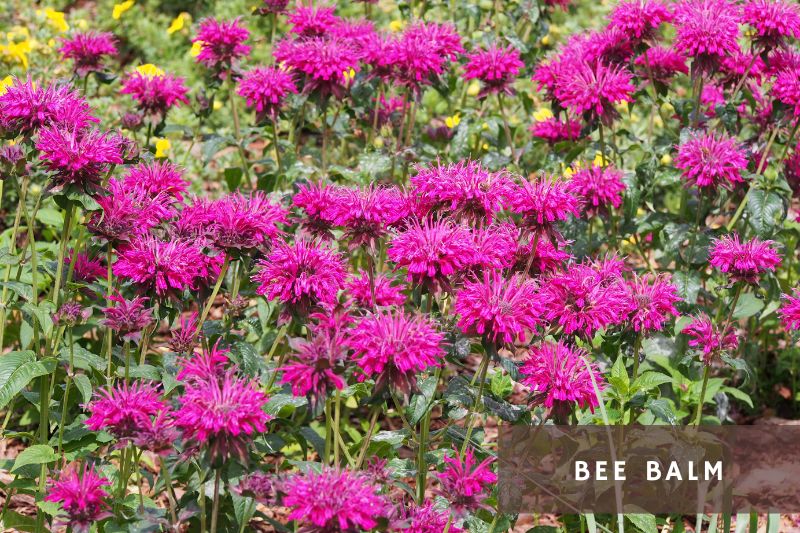
Although pollinators like bees and butterflies adore bee balm, mosquitoes can’t stand it! Crush a few leaves, and let the scent do the rest.
7. Floss Flower (Ageratum) [USDA Zone 3-8]
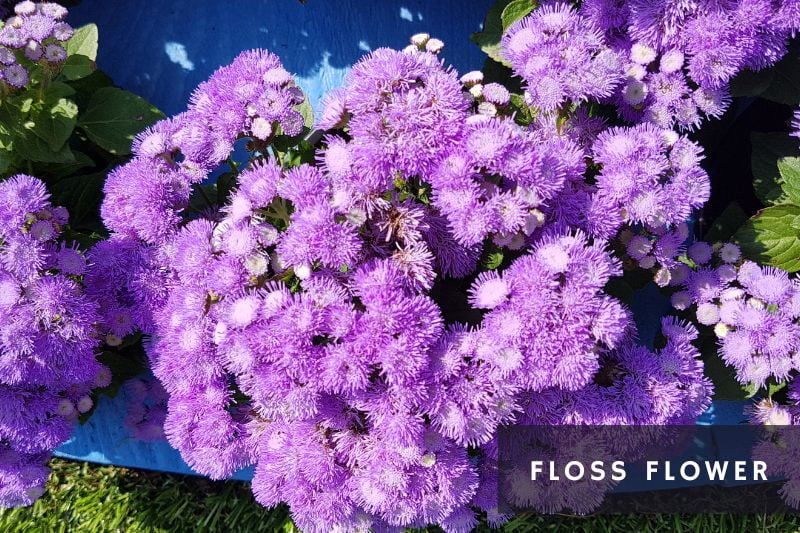
Ageratum contains a chemical called coumarin that sends mosquitoes packing! Just remember, while it’s an excellent addition to your garden, keep an eye on your pets as the plant can be toxic if chewed on.
8. Sage (Salvia officinalis) [USDA Zone 5-9]
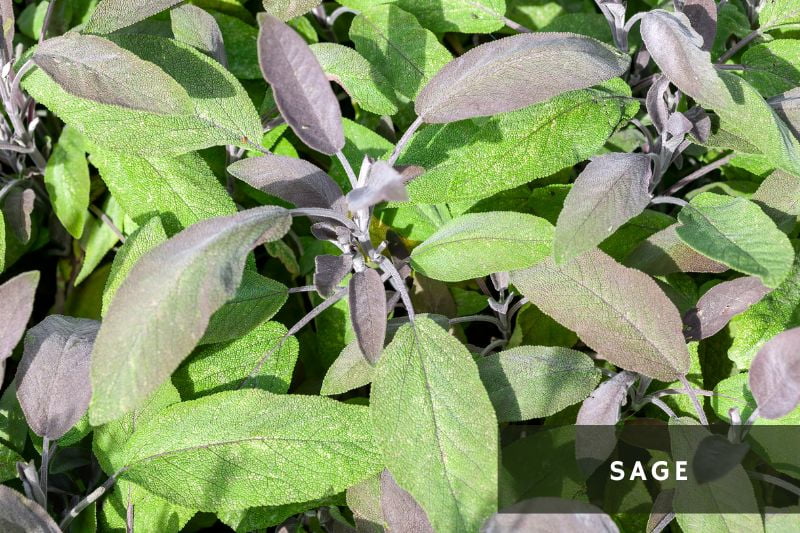
Mosquitoes don’t share our love for the lovely sage. The pleasant smell we adore is a major turn-off for these insects. And here’s a fun tip: throw some sage leaves into a fire pit to keep bugs at bay for hours!
9. Allium [USDA Zone 3-9]
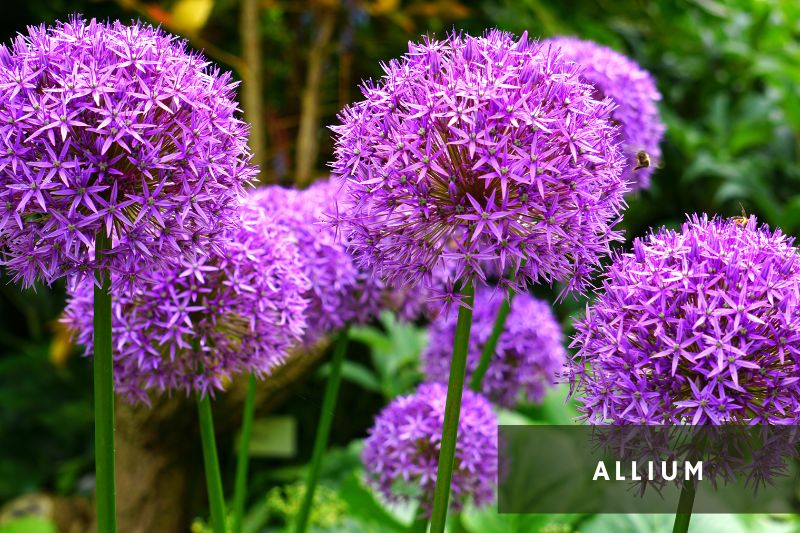
This ornamental onion has an intriguing, globe-shaped flower cluster, adding something different to your garden. Its onion-like scent repels mosquitoes effectively. Do note, though, this plant is mildly toxic to pets.
10. Garlic: Not Just for Vampires [USDA Zone 3-8]
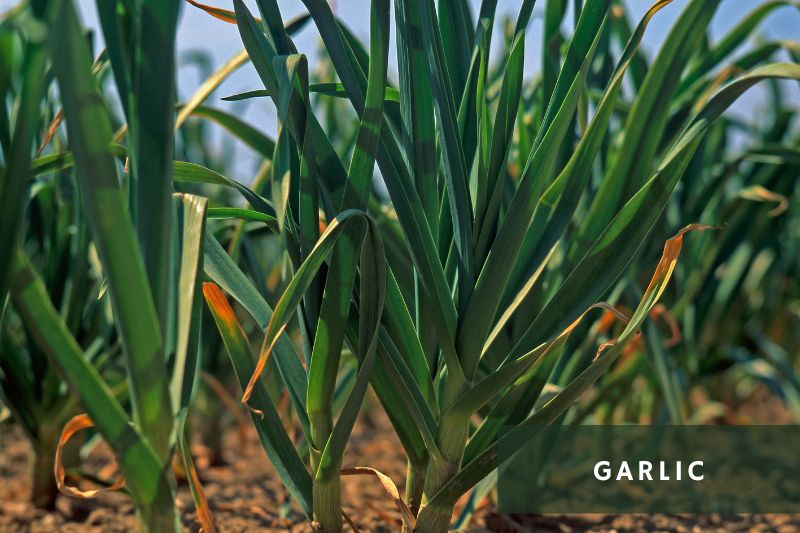
Garlic in the garden? Yes, please! It works similarly to allium, repelling mosquitoes just by being there. But like allium, remember it can be toxic to pets if ingested.
11. Pennyroyal (Mentha pulegium) [USDA Zone 5-9]
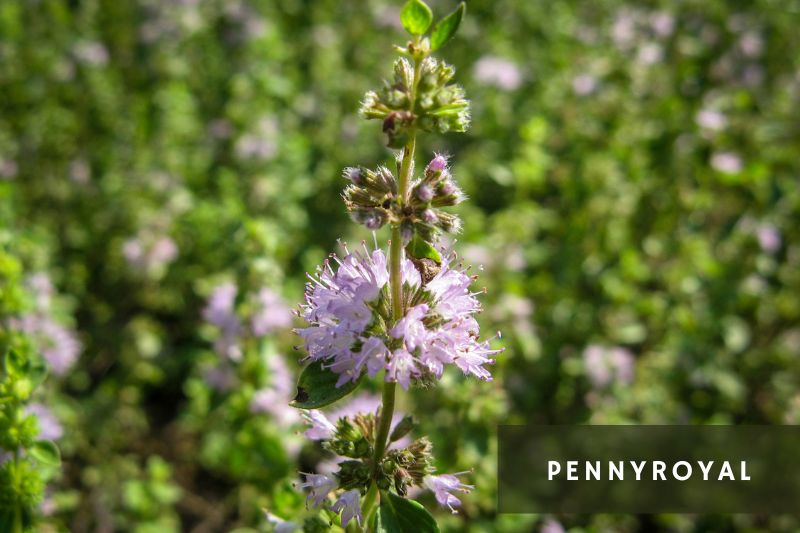
Living up to its nickname, the “mosquito plant” pennyroyal emits a scent that mosquitoes despise. It’s an easy-care, effective ground cover, but remember to keep it away from pets because its oils are toxic.
Wrapping it up
While these plants are nature’s bug repellents, remember they’re not 100% foolproof. Always wear insect repellent and take extra precautions during peak mosquito hours (dawn and dusk). Most importantly, keep enjoying your garden!

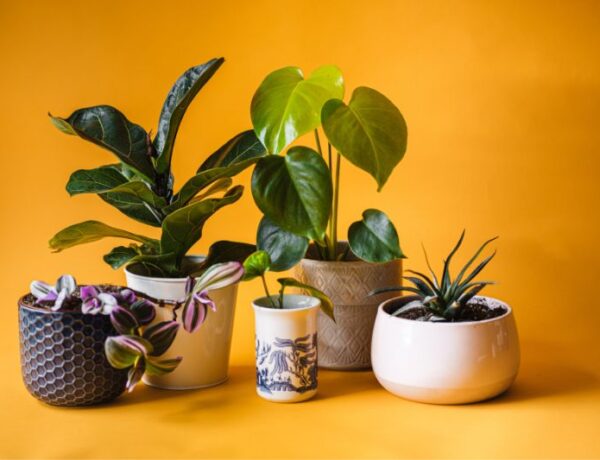
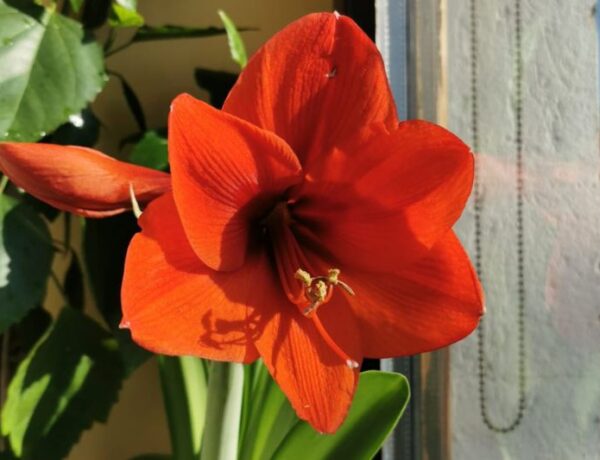
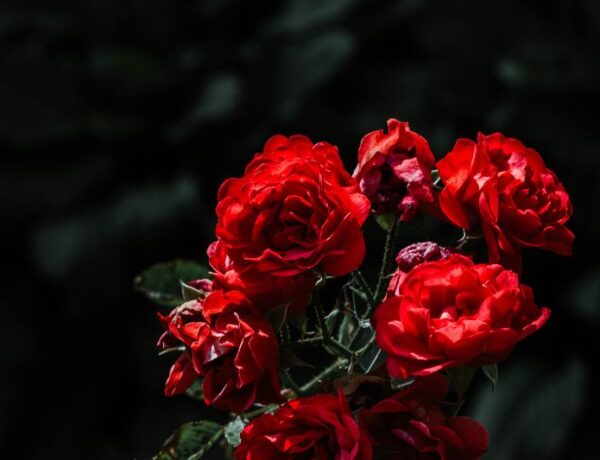

No Comments